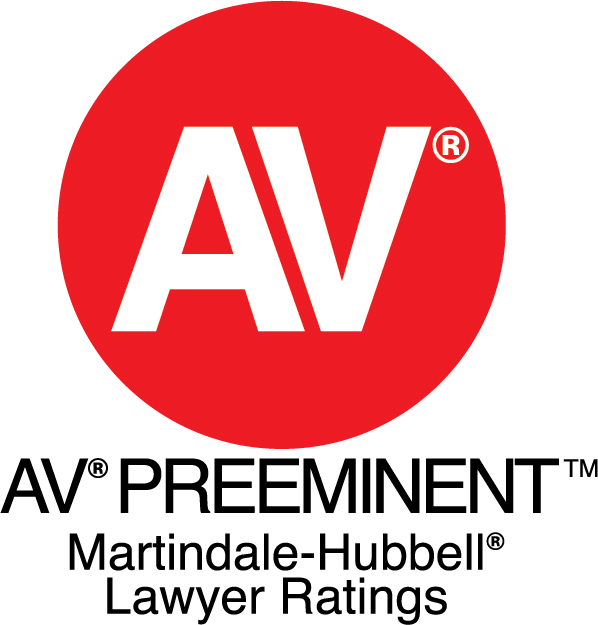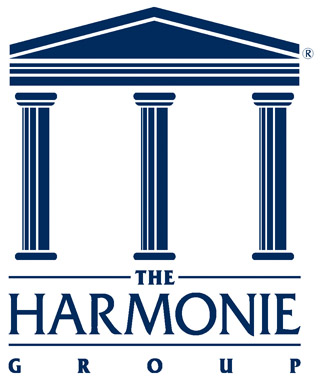Court of Appeals orders directed verdict in TAM aviation client’s favor.
Today, nearly two years after trial, the Colorado Court of Appeals corrected the district court’s error and granted a complete win on directed verdict to TAM’s clients in an aviation case.
The case involved a 100-year storm event at Centennial Airport (KAPA) that caused significant water and hail accumulation on the roof of a hangar housing Global Express and Pilatus planes and parts. The accumulation caused the roof structure to fail, leading to a large water and debris intrusion into the hangar through a fissure in the roof. The intrusion cause water damage to a significant amount of avionics equipment in the hangar totaling more than $1,700,000 in salvage claims. The tenant turned the water loss over to its property insurer, who denied the claim as the parts were owned by a tenant-related company that was not an insured entity.
In response to the denial, the tenant and several other tenant-related entities (though not the parts owner entity) filed a bad faith claim against the insurer, and also sued the hangar landlord on one claim of premises liability for the roof failure arising from alleged maintenance issues. The case was litigated primarily on the bad faith claims until the insurer and the plaintiffs entered into a seven-figure settlement over the coverage issues a month before trial. With resolution of the coverage issues, the remaining hangar owner/landlord defendant moved to dismiss the premises liability case as the plaintiffs lacked standing to sue the landlord as they did not own the parts. The plaintiffs claimed that, even though they did not own the parts, they owed the non-party entity for any damage to the parts, though they provided no contract or other evidence of such obligation, nor did the plaintiffs attempt to correct the procedural issue by adding in the parts owner as a plaintiff. The district court denied the landlord’s motion and set the stage for trial to develop more facts on the owner/non-owner obligation issues.
At trial, the plaintiff team dismissed all but one of the corporations leaving in only the tenant itself, and argued that entity owed the parts owner under a theory of “bailment.” At the conclusion of plaintiff’s case-in-chief, the landlord defendant moved for directed verdict citing the lack of evidence necessary to establish a “bailment” as a matter of law. The district court denied the motion for directed verdict and let the case go to the jury, who returned a $2.9M verdict in the plaintiff corporation’s favor as “bailment” damages. The defense team moved for judgment notwithstanding the verdict on the same basis that no evidence of “bailment” existed to support the jury award, and the trial court denied relief as a matter of law.
The landlord appealed the verdict and judgment on the same basis, arguing that the district court erred twice in denying judgment as a matter of law in favor of the landlord. And the third time proved the charm. In an unpublished, unanimous opinion, a three-judge panel of the Colorado Court of Appeals agreed with the defense team 100%: there never was a “bailment,” and the tenant plaintiff had no legal claim against the landlord defendant for the non-party parts owner’s property loss. The panel reversed and remanded, instructing the district court to correct its error and enter directed verdict in the defense’s favor. The plaintiff’s team neither petitioned for rehearing to the full bench of the Court of Appeals, nor attempted to appeal the decision to the Colorado Supreme Court.
TAM Shareholder Robert J. Zavaglia, Jr., and Senior Associate Kathleen J. Johnson tried the case to a Denver jury from September 25-29, 2017. The unanimous, unpublished opinion is available here.




